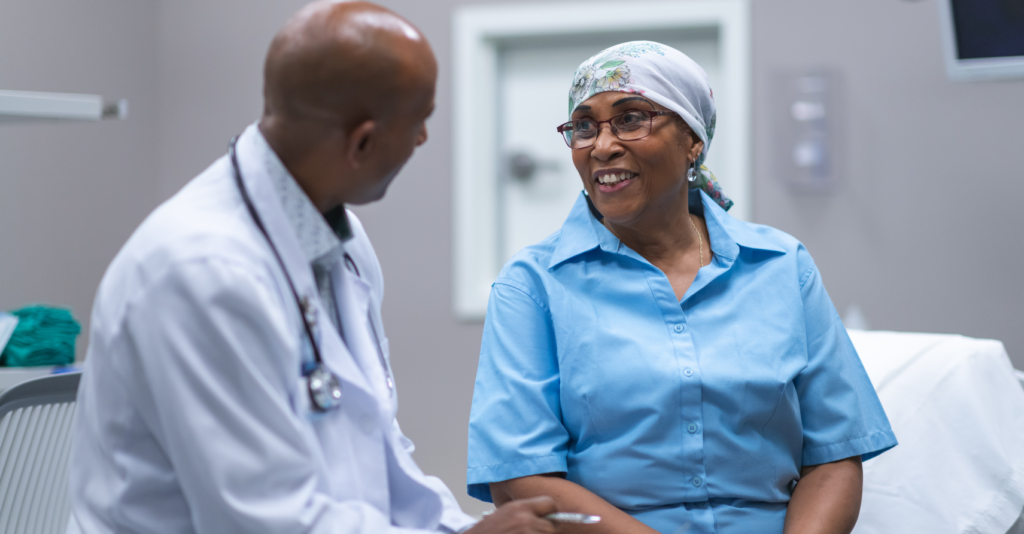
What happens in your body when you have cervical cancer?
Signs and Symptoms of Cervical Cancer
General symptoms of cervical cancer include:
- Abnormal vaginal bleeding (between periods, after intercourse, or after menopause)
- Unusual vaginal discharge (watery, bloody, or foul-smelling)
- Pelvic pain or pain during intercourse
- Increased urinary frequency or discomfort
Related Links
How Does Cervical Cancer Differ From Other Gynecological Cancers?
Causes and Risk Factors of Cervical Cancer
Risk factors that may increase your chance of developing cervical cancer include:
- Persistent infection with high-risk HPV types
- Smoking
- A weakened immune system (e.g., HIV infection)
- Long-term use of oral contraceptives
- Having multiple sexual partners or early sexual activity
Accessing the Best Cervical Cancer Care
Expert Tips
- Get information about choosing a cervical cancer specialist or treatment center
- Talk with loved ones about how they can support you
- Understand what your insurance covers
- Learn about HPV testing and how it may impact treatment
- Discuss your concerns openly with your doctor
- Explore financial assistance options
Related Links
Why Does Access to Care Matter in Cervical Cancer Treatment?
What Steps Can Patients Take to Combat Cervical Cancer Disparities?
Cervical Cancer Access & Early Detection Programs
Tools to help you feel activated and connect with resources to overcome barriers to accessing care.
Topics:
- Cervical Cancer Diagnosis and Staging
- Access to Cervical Cancer Care and Disparities
- Cervical Cancer Treatment and Advancements
Aims to provide digital literacy skills training with a series of easy-to-follow video modules, coupled with resource guides to educate you on technology and online support tools.


